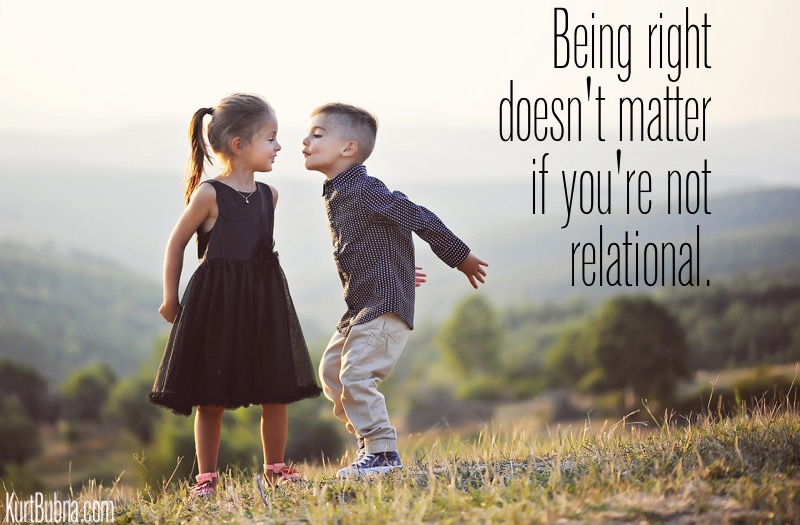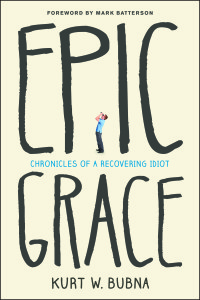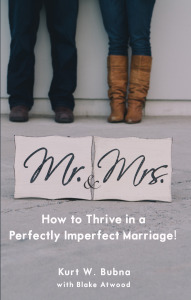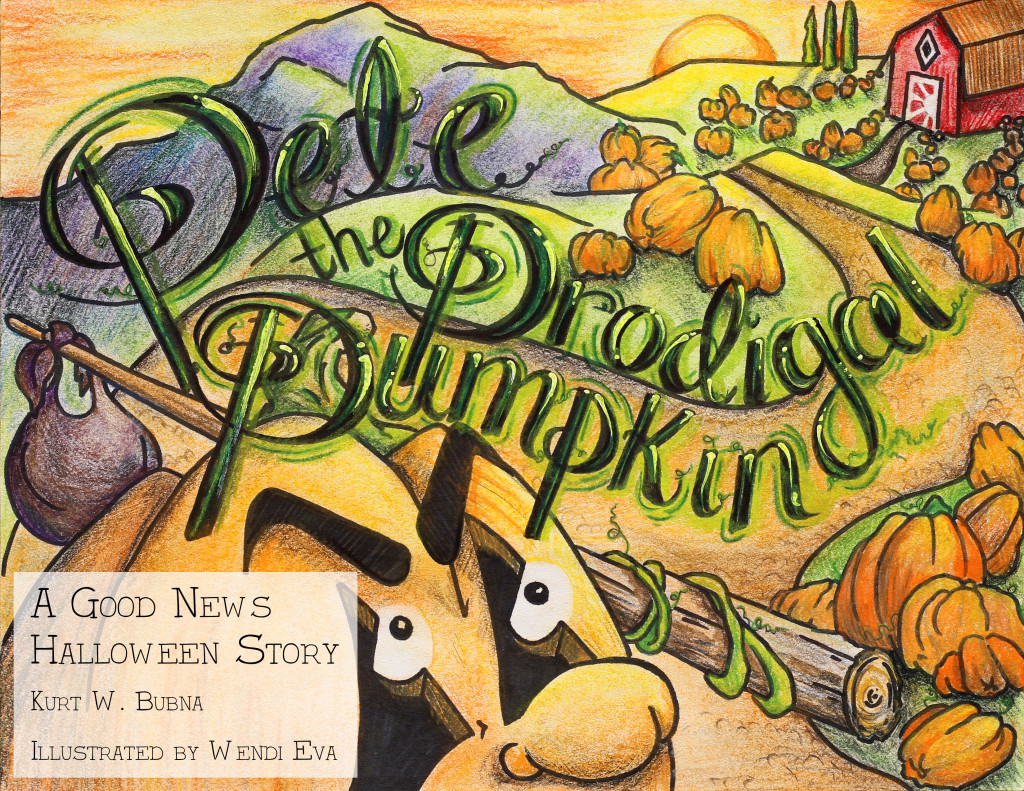There are two words that should never go together: wrong and but.
It’s not okay to say, “I know I was wrong, but you made me do it.” Or, “I was wrong, but it’s not that big of a deal.” Or, “Yeah, I’m wrong, but you’re wronger!” (I know it’s wrong to use wronger, but . . . )
 You see, the instant we excuse our words or actions with a but, we fail to honestly and completely own our failure. We excuse the event as either something we couldn’t control, something we’re not able to change, or as something that’s minor compared to what someone else did to us.
You see, the instant we excuse our words or actions with a but, we fail to honestly and completely own our failure. We excuse the event as either something we couldn’t control, something we’re not able to change, or as something that’s minor compared to what someone else did to us.
This self-defensiveness tendency goes deep in most of us. Matter of fact, the first humans on the planet wrestled with this problem.
Adam eats the forbidden fruit, and he says, “Yeah, I blew it, but the woman You put here with me is to blame.” In other words, God this is Your fault and the doing of that woman!
Eve says, “Oh my, yes, I failed, but the serpent deceived me (the serpent You created, BTW).”
Imagine you and your spouse are having a fight (not too hard to imagine, I imagine). He or she does something stupid or says something that rips your soul to shreds. Some time passes. And then you decide to take the high road and initiate a humble act of restoration.
“Honey, I’m sorry I called you a _______ and threw you into an emotional meat grinder, but you really shouldn’t push my buttons that way.”
How does that make you feel?
Doesn’t it make you wonder if your spouse is sincere? Don’t you question whether or not they truly are sorry? In fact, many times a response like that ends up leading to another round of conflict!
Perhaps it’s better (and trust me, it is) if you just admit your mistake and ask for forgiveness. Anything more brings your authenticity into question.
Rationalization, justification, and even an attempt at clarification (regarding the why) typically only adds insult to injury. It also calls into doubt your sincerity.
But what if you’re not the only one at fault? What if you honestly didn’t create this situation, and your spouse is more to blame for what happened than you are?
Here’s what I suggest: at another time, and after the storm of emotions have passed, then say, “Honey, can we talk? I need to understand something about what happened the other day.”
By putting time and space between your admission of guilt and your concern over the other person’s complicity, you give everyone the opportunity to pause, reflect, and respond rather than react.
Of course, the best of both worlds is when your spouse immediately replies to your apology with, “I blew it too. Please forgive me.”
However, in my experience, especially when people are hurt, it’s best to simply humble yourself and take personal responsibility with no “but” attached.
Besides, as I frequently mention, being right doesn’t matter if you’re not relational first and foremost.
Choose well. Live well. Be well.
Humble yourselves before the Lord,
and he will lift you up in honor.
James 4:10 (NLT)
Like what you’ve read here today? Check out all five of my books on Amazon.
Some of the eBook versions can be purchased for only $2.99.
You might also be interested in my newest book for children: Pete the Prodigal Pumpkin! A Good News Halloween Story.








